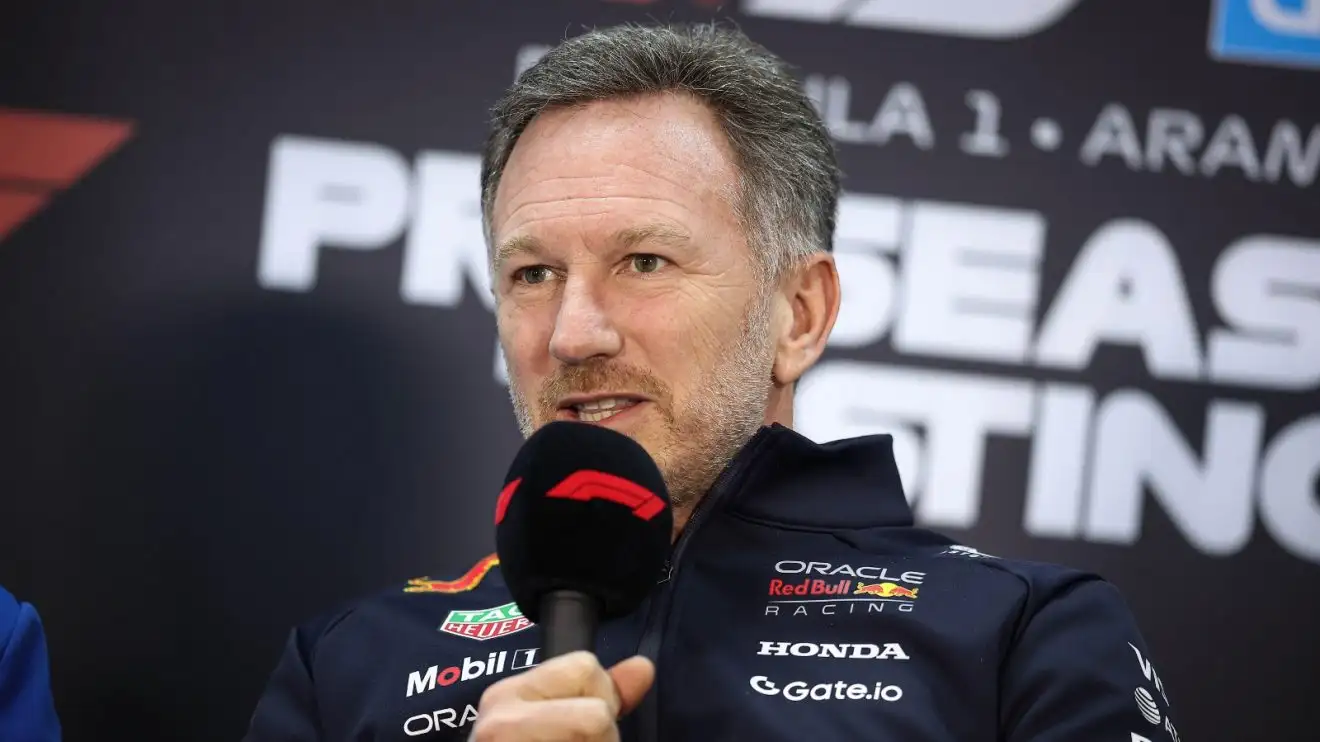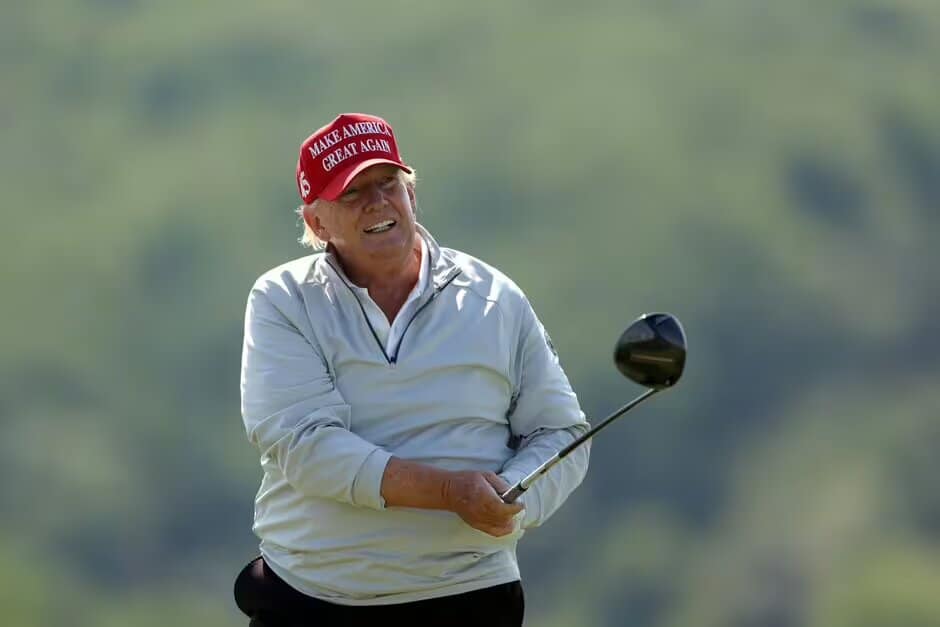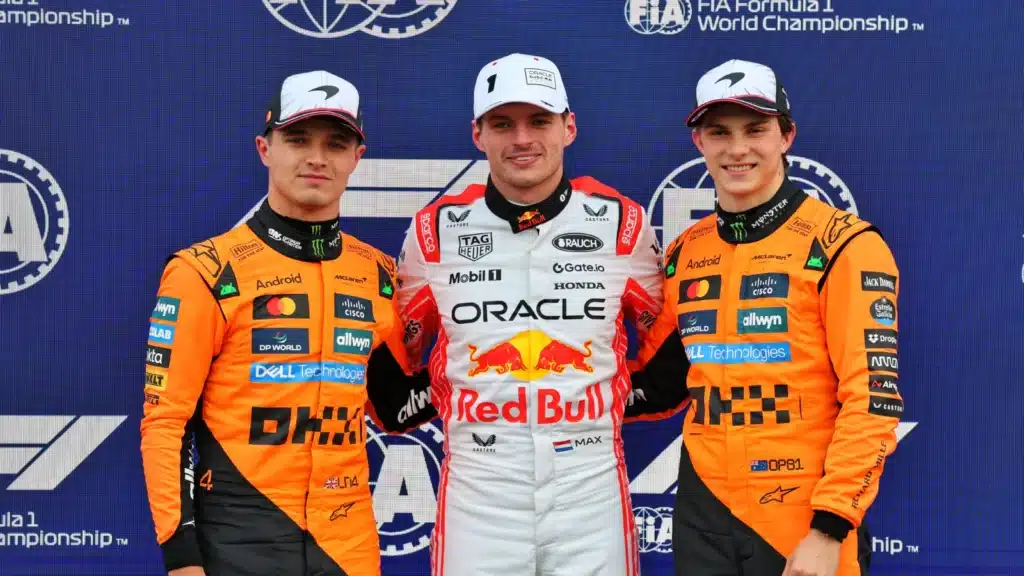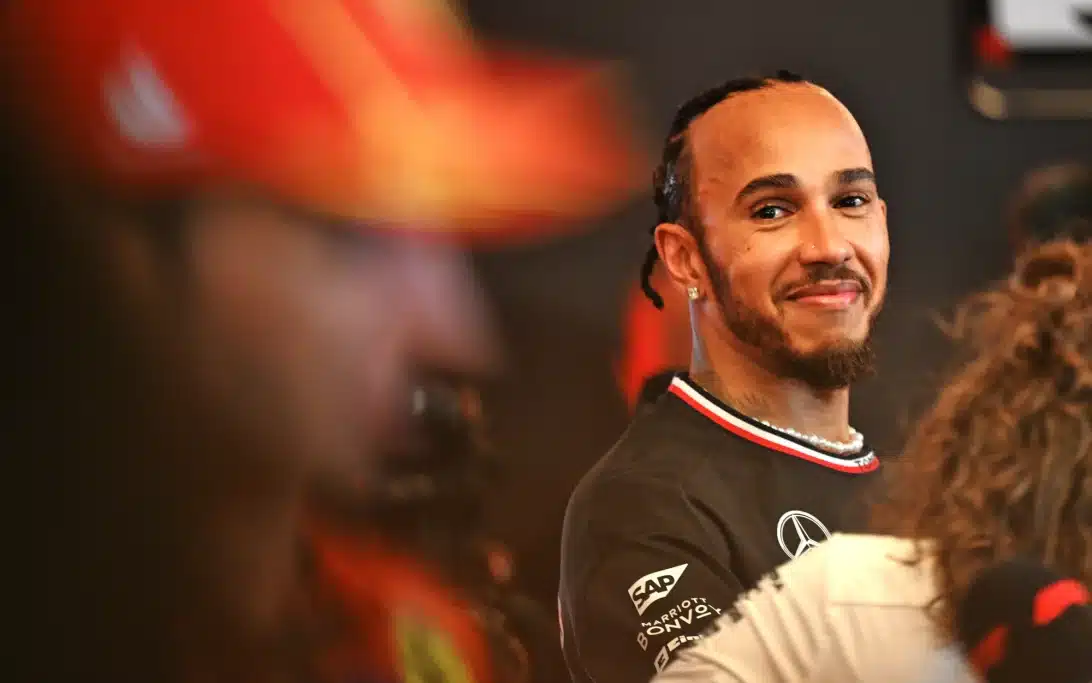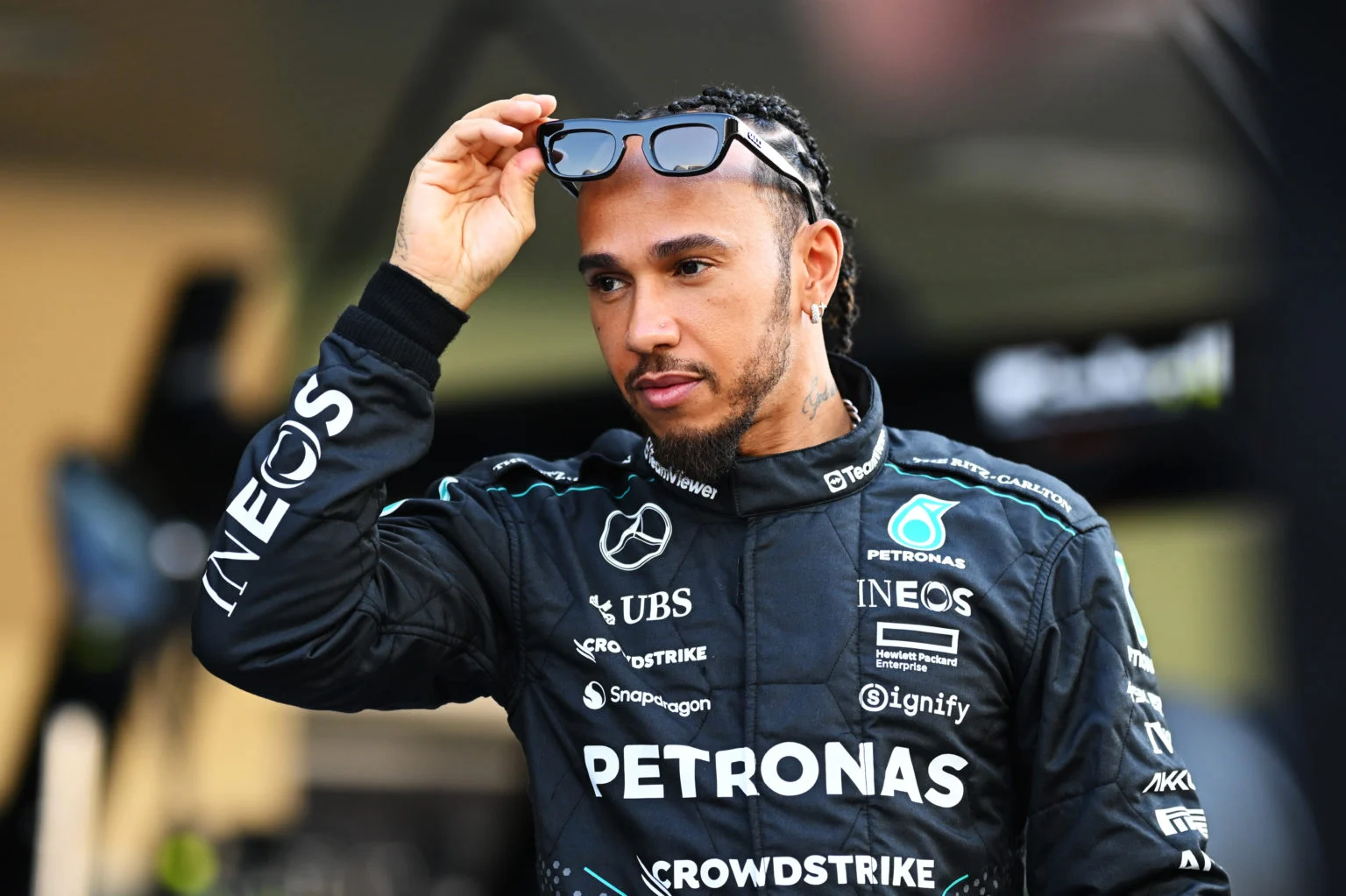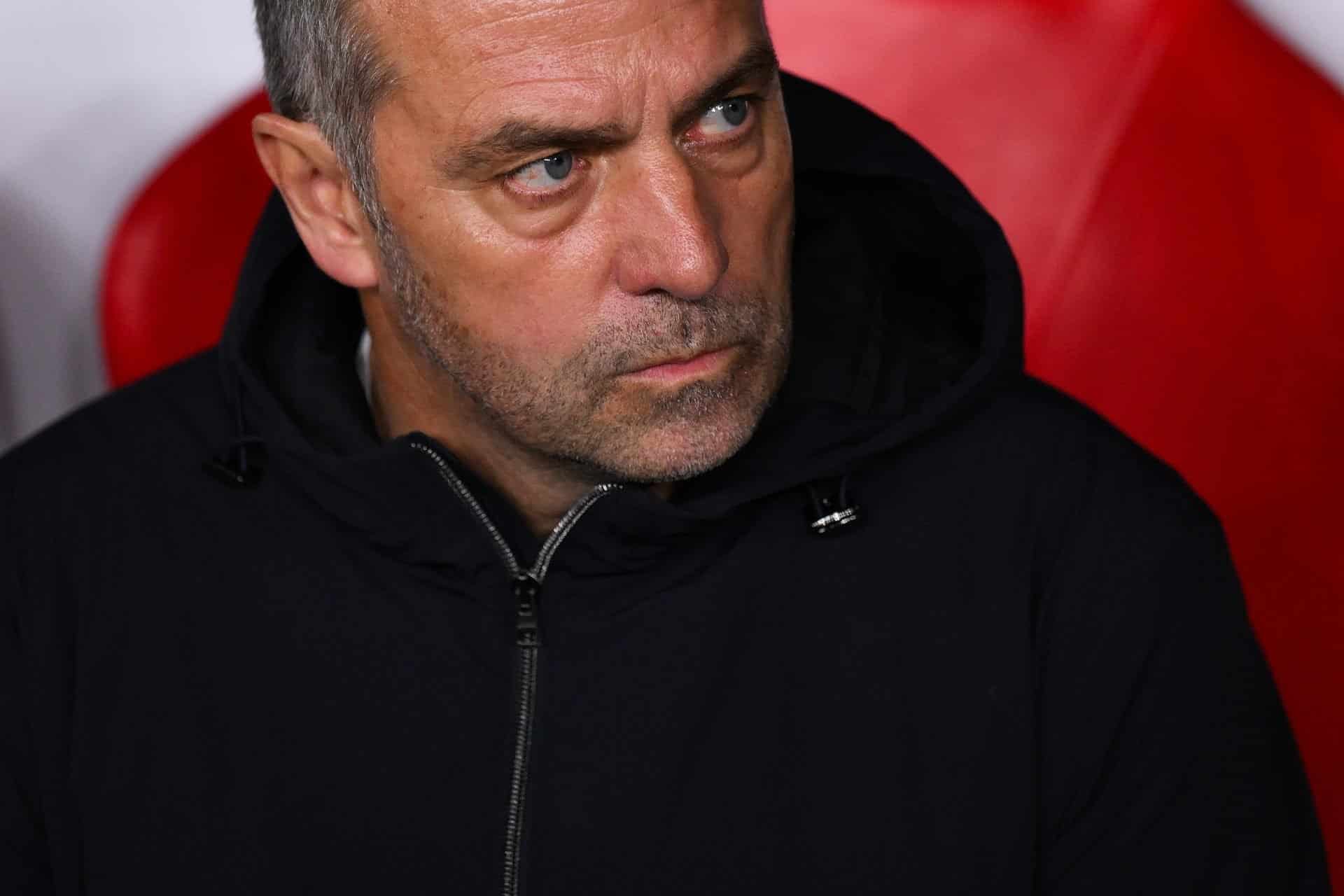Just weeks before the buzz around a potential return of V10 engines, Christian Horner urged F1 teams to set aside “self-interest” and prioritize “entertainment” over striving for an “engineering utopia.”
In 2026, F1 will introduce a new generation of power units featuring fully sustainable fuel and a 50/50 balance between electric and engine power.
While this shift will reduce energy consumption and achieve net-zero exhaust CO2 emissions, discussions have recently resurfaced about bringing back the iconic V10 engines of the past.
That call was made by FIA president Mohammed Ben Sulayem, who wrote on social media: “We should consider a range of directions, including the roaring sound of the V10 running on sustainable fuel.”
The FIA told PlanetF1.com that a working group would be established to “explore all possibilities”, including a “V10 power train running on sustainable fuel would be part of those considerations which would be tied to environmental and cost-containment measures.”
The debate over a potential return to V10 engines is already dividing Formula 1 team principals.
Mercedes motorsport boss Toto Wolff dismissed the idea as mere “opportunistic thoughts,” while Christian Horner believes it would “reintroduce the sound of Grand Prix racing” to the sport.
With the FIA establishing a working group to assess the matter, discussions will likely continue for months—if not longer—as teams and engine manufacturers weigh in, often aligning their stance with their own interests.
Mercedes, for instance, has every reason to support the continued use of turbocharged V6 engines, having dominated since their introduction in 2014 and potentially holding an advantage again in 2026. Meanwhile, Red Bull—set to debut its first in-house power unit next year—appears more open to change.
However, in a sport driven by “self-interest,” Horner has urged teams to collaborate to ensure that “entertainment” prevails over an “engineering utopia.” Speaking to talkSPORT, he emphasized the need for a collective approach, particularly under Liberty Media’s US ownership.
“And you know, the competition needs to be on the track or on the on the field, because there’s more to the business and I think as custodians of the sport, we have a responsibility for what is a sport going to be in the future, what should those future regulations be
“You have to decouple that from self-interest and think bigger picture of what is right for the business, what is right for the sport.
“I think that’s what Formula One is perhaps lacking a little at the moment; there’s too much self-interest, as opposed to thinking about the bigger picture. You know, what should the engines be in 2031, what should the cars be
“We shouldn’t be driven down an engineering utopia. It still needs to be entertainment.
“This is ultimately person and machine at the absolute limit, it’s modern-day chariot racing, it’s got to entertain if there’s going to be a sport.”

